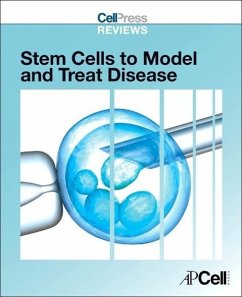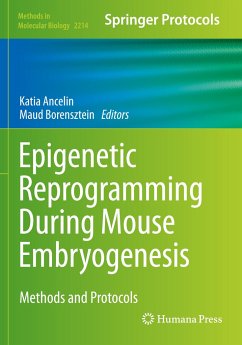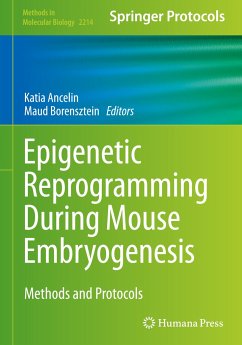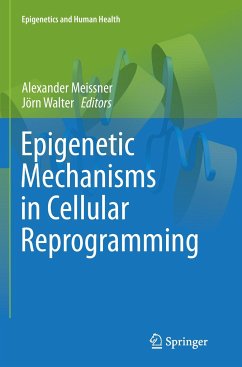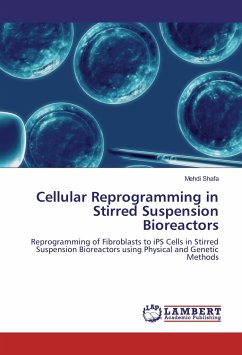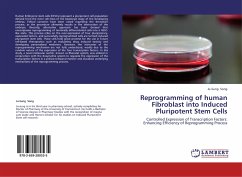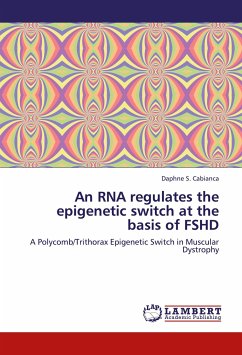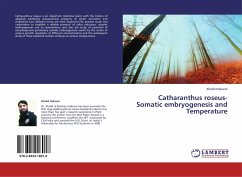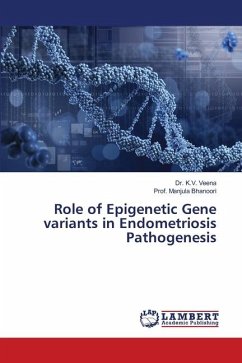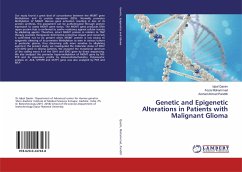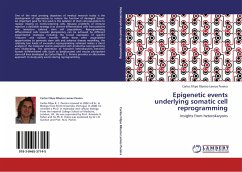
Epigenetic events underlying somatic cell reprogramming
Insights from heterokaryons
Versandkostenfrei!
Versandfertig in 6-10 Tagen
52,99 €
inkl. MwSt.

PAYBACK Punkte
26 °P sammeln!
One of the most pressing objectives of medical research today is the development of approaches to restore the function of damaged tissues. An important goal for this work is the isolation of stem cell populations to replace missing or nonfunctioning cells. Because problems of immune rejection a desirable strategy is to convert differentiated cells from patients into immature tailored stem cell populations. Reprogramming differentiated cells towards pluripotency can be achieved by different experimental strategies including the forced expression of specific inducers and nuclear transfer. While ...
One of the most pressing objectives of medical research today is the development of approaches to restore the function of damaged tissues. An important goal for this work is the isolation of stem cell populations to replace missing or nonfunctioning cells. Because problems of immune rejection a desirable strategy is to convert differentiated cells from patients into immature tailored stem cell populations. Reprogramming differentiated cells towards pluripotency can be achieved by different experimental strategies including the forced expression of specific inducers and nuclear transfer. While these offer unparalleled opportunities to generate stem cells and advance disease modelling, the relatively low levels of successful reprogramming achieved makes a direct analysis of the molecular events associated with productive reprogramming very challenging. The generation of transient heterokaryons between human differentiated cells (such as lymphocytes) and mouse pluripotent stem cell lines developed by Carlos Filipe R. L. Pereira provides an alternative approach to study early events during reprogramming.



